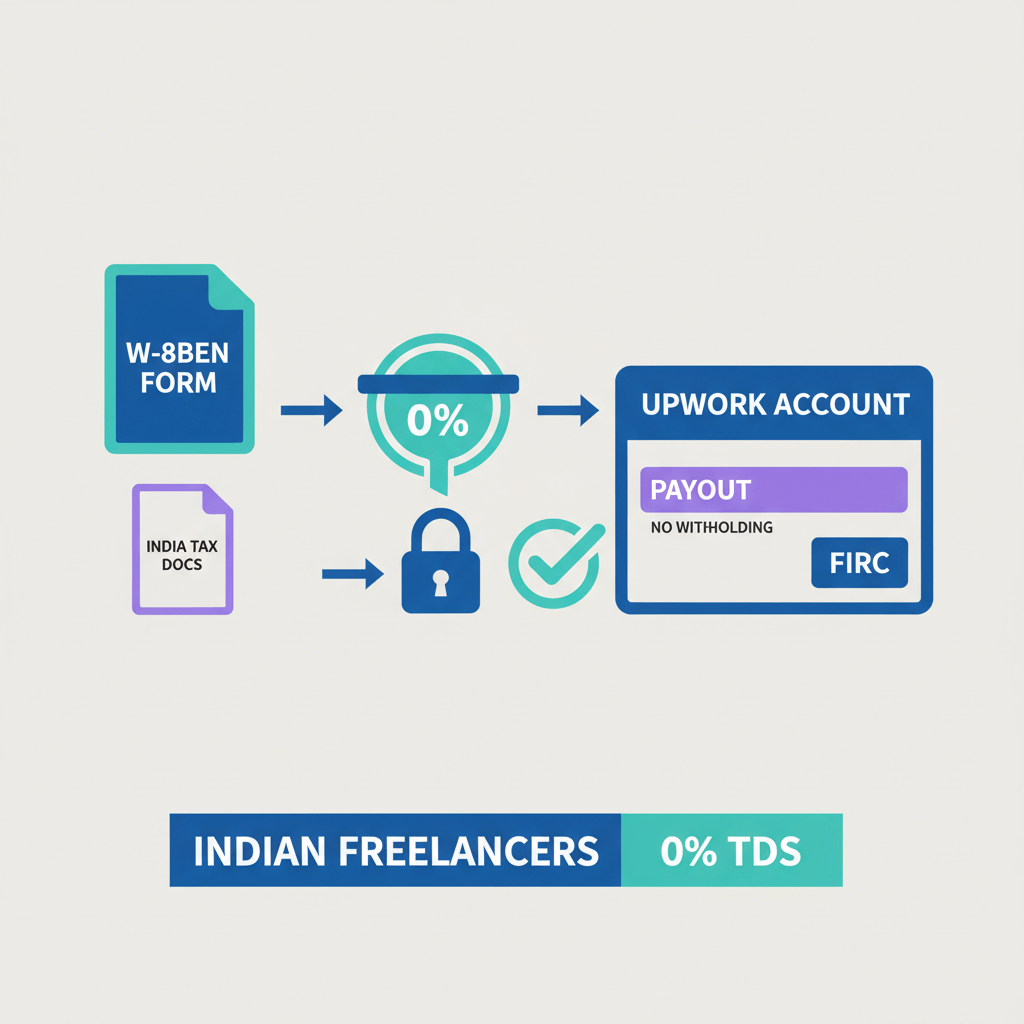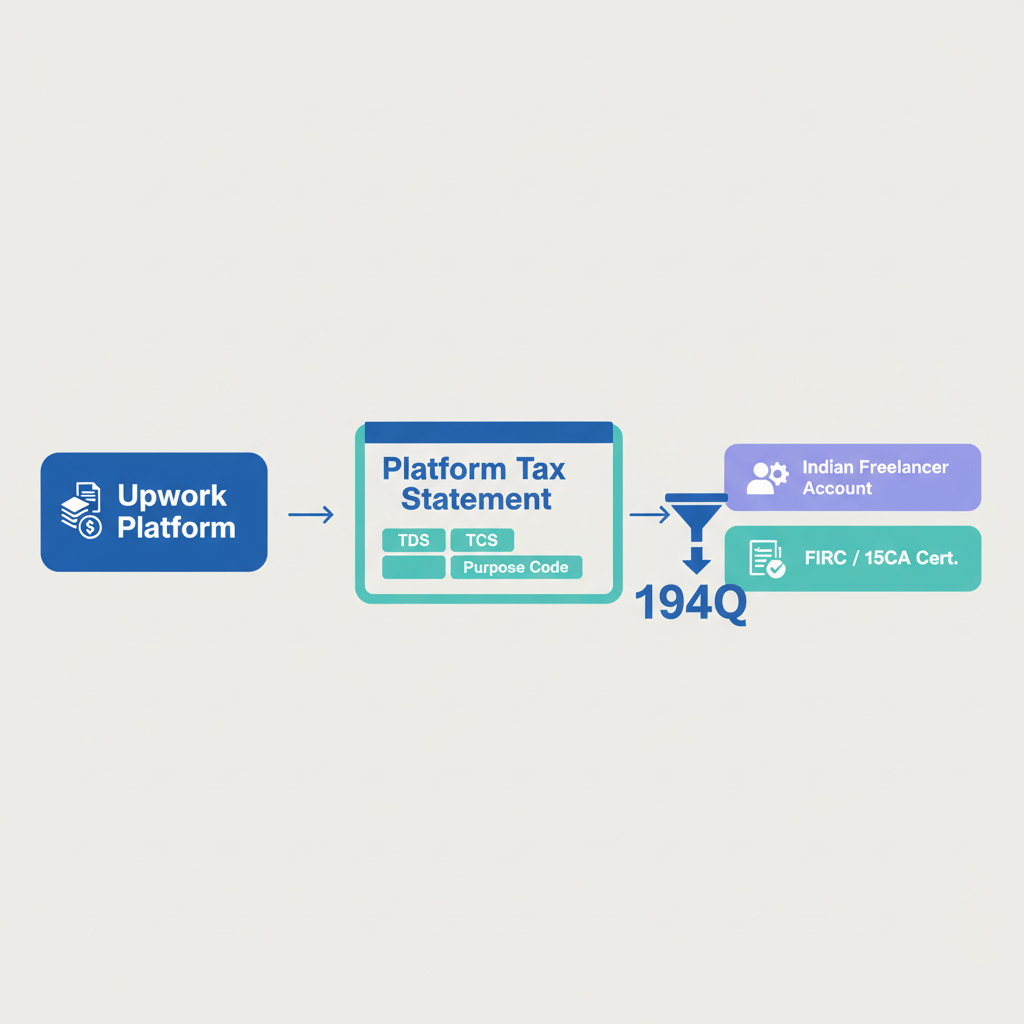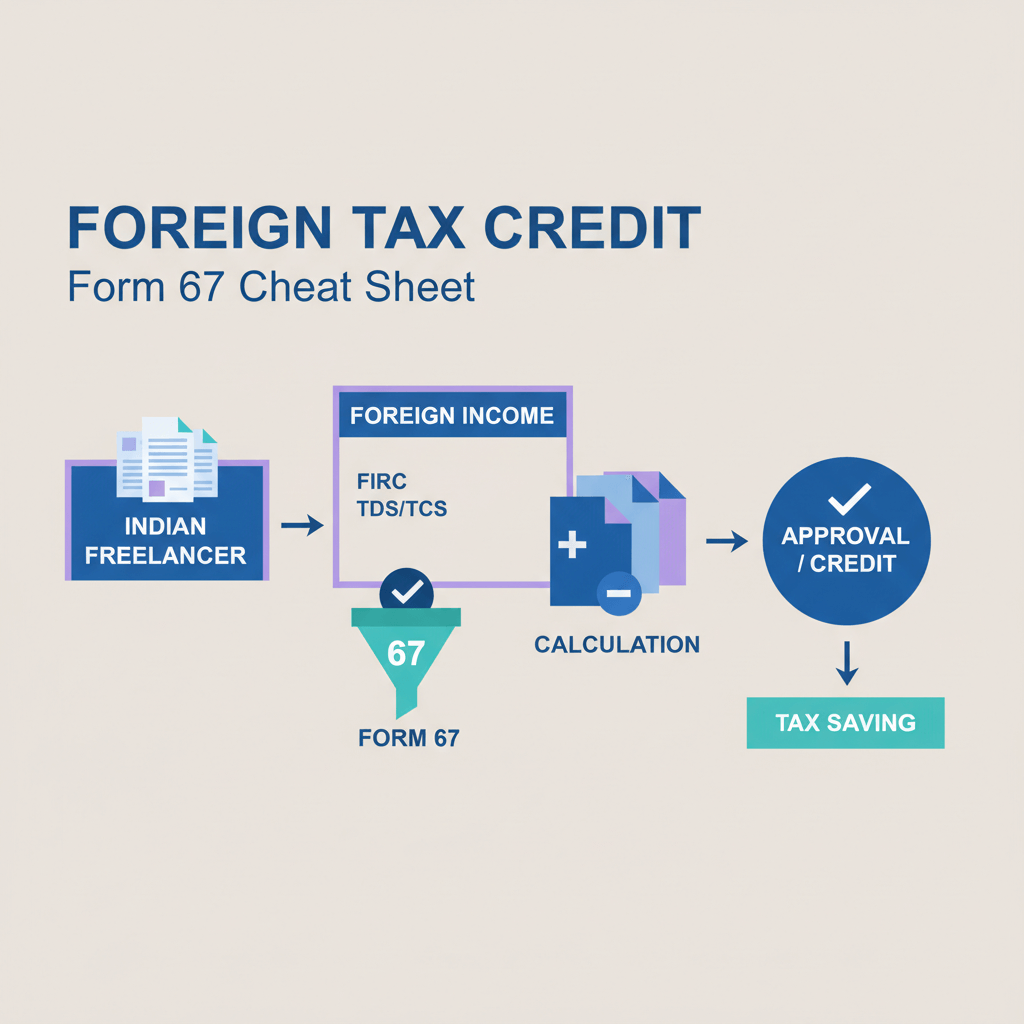Indian businesses with an international presence suffer from the problem of double taxation, where income is taxed in India as well as in the country where the business operates. This may significantly impact the profitability of cross-border business activities. Yet to mitigate this incidence of double taxation, India has implemented Double Taxation Avoidance Agreements (DTAA) with many countries.
What is DTAA and in what way does it benefit Indian trade? Let's see the process of claiming tax relief under this agreement.
What is a Double Taxation Avoidance Agreement (DTAA)?
A Double Taxation Avoidance Agreement (DTAA) is a bilateral agreement between two countries to prevent businesses and individuals from being taxed twice on the same income. For instance, it ensures that the income earned abroad by Indian residents is either exempted from tax in one of the countries or taxed at a reduced rate.
India currently has DTAAs with more than 90 countries, including key trading partners such as the US, the UK, Australia, Singapore, UAE and Germany, which helps Indian businesses expand globally without suffering excessive tax burdens.
Why Do Indian Businesses Need DTAA?
Double taxation hampers the profitability of Indian businesses engaged in international trade, services, or investment. In the absence of DTAA, foreign countries first tax the income, and then when brought back into India, it is taxed in India as well. However, DTAA helps avoid this double taxation and enhances financial efficiency.
This reduces the tax liability through the exemption of income from taxation in one of the countries or through allowing an Indian business to claim a tax credit in India against taxes paid abroad. Normally double taxation avoidance agreements contain clauses to reduce withholding tax rates on royalties, interest, or dividends, but it differs for different countries.
Ultimately, lower tax pressure would allow Indian businesses to price their goods and services competitively in international markets, leading to increased exports and outward growth.
Types of Tax Reliefs provided under DTAA
DTAA provides relief through two principal methods:
By Tax Exemption: Here, income earned in the other country is completely exempted from being taxed in India. Normally it is applied to operational income which is understood to have wholly taken place outside India.
Using Tax Credit Method: Under this method, the tax paid in the foreign country is credited against the tax payable in India on the same income. For example, if an Indian business earns income in the U.S. and pays taxes there, it can claim a deduction for those taxes when filing in India.
Countries List for DTAA Relief in India
India has signed Double Taxation Avoidance Agreements (DTAAs) with many countries in order to foster cross-border business relations and avoid double taxation. Some of the most notable DTAAs for Indian business, along with specific benefits, are given below.
How to Claim Tax Benefits under DTAA?
Claiming benefits under the Double Taxation Avoidance Agreement (DTAA) is crucial for Indian businesses engaging in cross-border transactions. To ensure eligibility for reduced tax rates or exemptions on income earned abroad, businesses must follow a systematic approach. Here are the key steps involved:
Step 1- Obtain a Tax Residency Certificate (TRC):
The first step is to secure a Tax Residency Certificate (TRC) from the Indian tax authorities. This certificate is imperative as it declares the residency of the business in India which determines the exemptions under the DTAA.
Step 2 - File Form 10F:
Along with the TRC, companies have to file Form 10F. The form comprises of:
- Nationality of the entity.
- Tax identification number in India and the foreign country.
- Details about the nature of the income, ensuring it aligns with the provisions of the DTAA.
This is an important form as this facilitates the identification of the entity along with qualification for reduced withholding tax rates by the foreign tax authorities
Step 3 - Submit Supporting Documents:
Businesses should also compile and submit supporting documents that may include:
- Proof of taxes paid in the foreign country, such as tax return filings or tax payment receipts.
- Invoices and contracts related to the income earned from foreign sources.
- Any other documentation required by the Indian tax authorities to substantiate the claim.
Step 4 - Timely Filing and Compliance:
All necessary forms and documents are to be filed within the stipulated time frames. Failure to file will lead to loss of benefits or increased scrutiny from the tax authorities.
By following these steps diligently, Indian businesses can use the benefits of DTAAs, minimizing their tax liabilities on foreign income and fostering smoother international transactions. For more detailed guidance on the process, it’s advisable to consult the Income Tax Department’s official resources or seek professional assistance.
Conclusion
DTAA offers Indian international companies the critical mechanism that averts the imposition of double taxes. Applicability of Double Taxation Avoidance Agreements saves businesses from paying taxes, thus reducing their tax liability and increasing profits. It also helps them compete aggressively in international markets with an assurance of access to the benefits of the DTAAs.
At Karbon, we assist Indian businesses in managing their cross-border transactions and ensure they benefit from international tax relief mechanisms like DTAA. By partnering with us, you can simplify your international payments while ensuring compliance with all relevant tax regulations.
FAQs on Double Tax Avoidance Agreement
What are the documents required for availing DTAA benefit?
The main documents required for availing DTAA benefits are a TRC certificate and Form 10F. However, the Income Tax Department may ask for further supporting documents.
What happens if a business does not file for DTAA benefits?
Absence of DTAA filing will result in a higher tax burden since there would be no exemptions or credits on taxes paid abroad. Hence, it reduces profitability and does not allow further expansion on an international level.
When are DTAAs updated or renegotiated?
DTAAs can be amended or renegotiated based on the changes in the economic conditions and diplomatic relations among the countries. Indian businesses should be aware of updates regarding the existing agreements that might impact their tax obligation.
Can businesses claim refunds on taxes withheld if they are eligible under DTAA?
Yes. Indian businesses can recover such withheld taxes if they establish eligibility to claim a refund based on the DTAA. Generally, refunds will be processed by submitting necessary documents with the foreign tax authorities.











